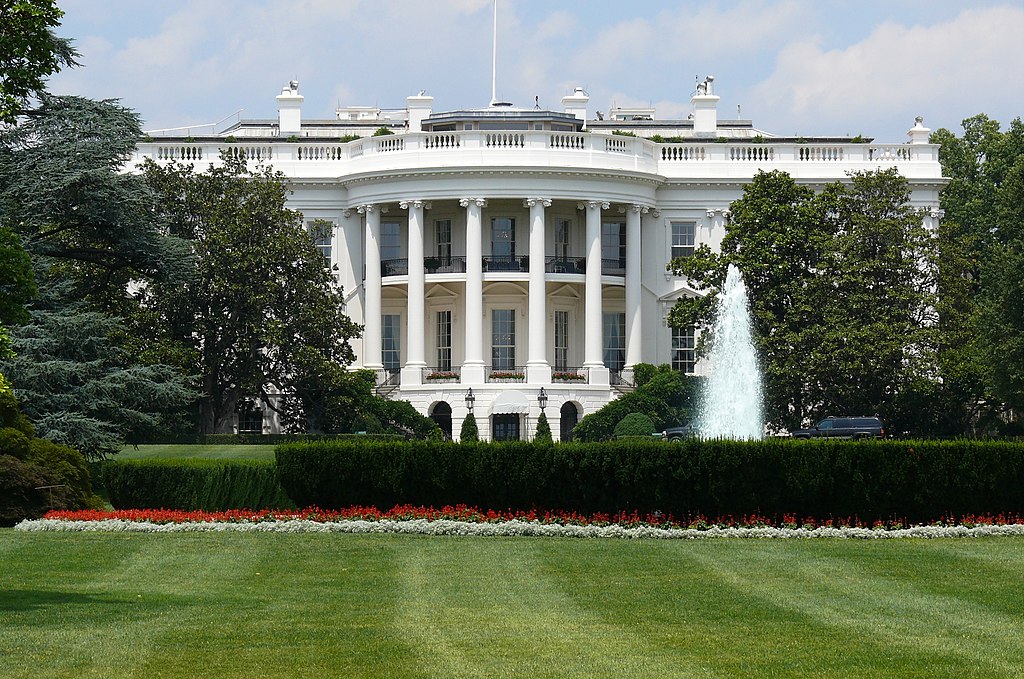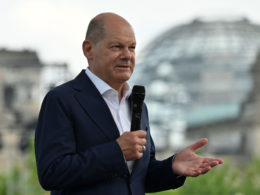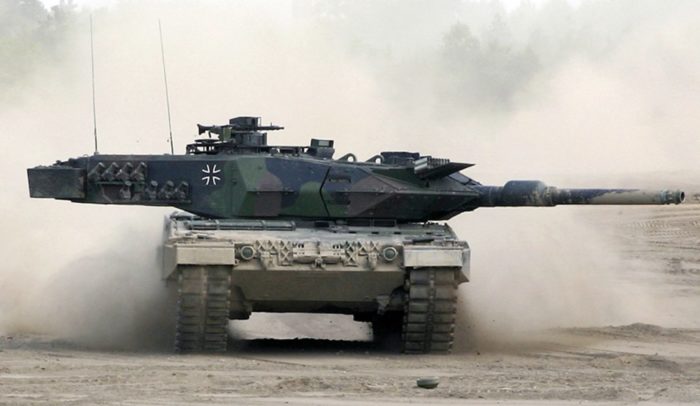Volodymyr Fesenko, Chairman of Penta, the Center for Applied Political Studies, told UkrInform in an interview that the idea of providing military aid to Ukraine in a lend-lease format is gaining traction among US Republicans.
Following Trump’s election victory, discussions have emerged about potential peace talks between Ukraine and Russia, as he has expressed a desire to end the war swiftly. However, it remains uncertain how he will persuade Moscow to engage in negotiations. Reports suggest that Trump might consider a peace deal that compromises Ukraine’s territorial integrity.
In the interview, Fesenko noted that US military assistance to Ukraine is likely to continue, though its format may change after Donald Trump’s inauguration as president.
“Republicans are strongly considering military aid to Ukraine in the form of lend-lease — a preferential loan system for purchasing American weapons and ammunition,” Fesenko explained.
However, there is currently no draft legislation for military assistance to Ukraine for the current fiscal year. It is likely to emerge after Trump’s inauguration once his administration begins substantive negotiations on ending the Russian-Ukrainian war.
For Trump’s administration, maintaining military aid to Ukraine makes strategic sense, as it serves as a key leverage point in negotiations with both Ukraine and Russia.
“They could pressure Ukraine by threatening to reduce or terminate aid while pushing Russia by increasing military support for Ukraine if the Kremlin refuses peace talks or compromises to end hostilities,” he said.
Fesenko also believes that meetings in the Ramstein format for coordinating international military aid to Ukraine are expected to continue under Trump's presidency. Decisions to sustain its operations have already been made, including during the latest ministerial meeting, which President Volodymyr Zelenskyy attended.
However, he noted uncertainty regarding the US leadership role within the platform.
“If Trump’s administration and the new Secretary of Defense take a passive approach to Ramstein, NATO and Europe will likely assume the leadership and coordination roles,” Fesenko said.
NATO has already prepared for such a scenario. At last year’s NATO summit, it was decided that operational control over weapon supply logistics for Ukraine under the Ramstein framework would gradually transition to NATO structures.
Earlier, US Secretary of State Antony Blinken stated that the next White House administration had favorable conditions to negotiate a strong agreement for Ukraine that would end Russia’s war and establish lasting peace.
Related:
- EU’s Kallas warns against rushing Ukraine-Russia negotiations amid Trump’s push for talks
- No current prospects for peace talks between Ukraine and Russia, says Zelenskyy’s adviser
- Western leaders should stop speculating about Ukraine’s defeat, Polish PM Tusk urges
- Trump plans talks with Putin and Zelenskyy to end Russo-Ukrainian war





